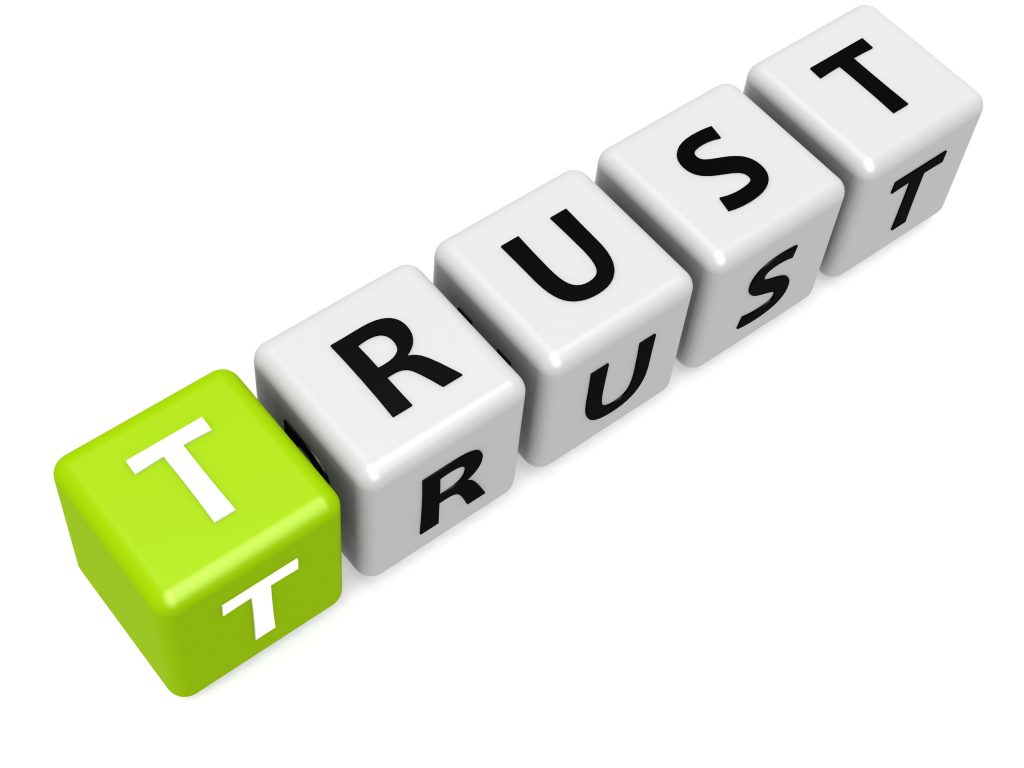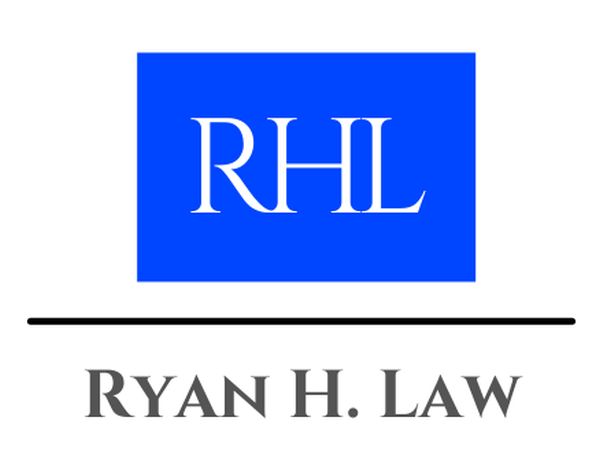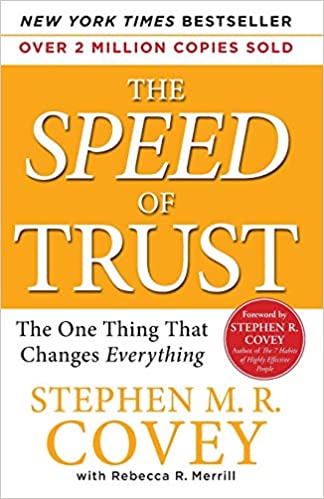by Ryan H. Law
In Part I of Trust: The one thing that changes everything we discussed the trust problem that exists in the financial services field.
In today’s article we are going to dive deeper into what the components of trust are and how we can build trust.
A lot of my research for this post comes from author Stephen M. R. Covey who wrote the book, The Speed of Trust. As I have been thinking more and more about the lack of trust in our industry, I have been reading Covey’s book and other interviews that he did. For those who want to dive deeper I recommend you pick up a copy of The Speed of Trust.
In his book, Covey argues that trust, “is the single most critical component of a successful leader and organization.”
I agree with Covey. Nothing is more important than establishing trust. Let’s first take a look at what causes the distrust.
Causes of Distrust in the Financial Services Industry
There are several things that cause distrust in the industry, including:
- The lack of a consistent message
- Lack of a single professional organization
- Doctors belong to the AMA; Dentists the ADA, Optometrists the AOA; Accountants the AICPA.
- Financial planners belong to FPA, NAPFA, NAIFA, FSP, AFCPE, FTA, AFP, AFA and countless others.
- Lack of a single professional organization makes it hard to have a consistent message and consistent advocacy.
- Hundreds of designations, many of which are simply paid for
- Consumers don’t know the difference between designations – any letters after a name seem like a good thing.
- Bad players
- Over a ten year period over 87,000 advisors were disciplined for misconduct or fraud1.
- Highly publicized stories of misconduct2
- Think Wolf of Wall Street or Bernie Madoff
- Conflicts of interest
- Internal and external fighting about compensation
- “Don’t trust anyone that earns a commission3.”
- “Don’t trust anyone that charges AUM4.”
- “The only way to be an ethical financial planner is to charge a flat-fee (or hourly, or on a subscription model).”
There are no easy answers to any of these issues.
However, you can personally work to build trust for yourself and your organization. If you open your own firm insist on the highest ethical standards.
At the financial counseling center I run at Utah Valley University we have strict ethical standards for our volunteers including no products sold or promoted, no using financial counseling clients to funnel personal business, strict confidentiality and others. Most of these issues are one strike and you are out (consequently I have only had to “fire” one volunteer in the 10 years I have been running a counseling center).
What are the components of Trust?

Trust is made up of the following characteristics:
- Competence
- For financial planners I personally feel that this means getting the CFP® or CFA® designation and keeping current on Continuing Education.
- I also recommend financial professionals get the AFC® (Accredited Financial Counselor) designation so they can help a wider range of clients and understand the counseling side of financial planning.
- Honesty
- Have integrity and do what you say you are going to do.
- Reliability
- Make sure clients can reach you, especially during the downturns in the market.
- Transparency
- Disclose, in writing and by explaining in simple terms, any conflicts of interest and how you get paid. Make sure the client understands this before moving on.
- Work to eliminate or minimize any conflicts of interest.
- Effective communication
- Listen first and seek first to understand before being understood.
- Inquire instead of explaining.
- Don’t try to sell products, talk about a plan instead.
- Respect
- Clients want their advisor to respect them and their assets, no matter how little or much they have saved.
- Confidentiality
- Everything a client shares should be completely confidential unless it may harm them or someone else.
- Establish and maintain strict digital security protocols. One of the fastest ways to lose trust is a data breach.
- Fiduciary standard
- Put the client’s interests above your own
- NOTE: I hesitated to put this in because “fiduciary” has become a buzzword in the industry, and everyone says, “You can trust me, I’m a fiduciary.” You shouldn’t have to say you are a fiduciary – your actions should demonstrate it.
- Empathy and Validation
- Recognize and validate the client’s situation and emotions.
- Practice nonjudgment.
I will be writing more about many of these topics on the blog in the near future.
How do we build Trust?
Covey says that making and keeping commitments is one of the best ways to build trust. If you tell a client you are going to email them, do it. If you tell them you are going to mail them something, do it. In fact, do more than you promised. On the flip-side of this, don’t ever make a commitment you can’t keep.
Make a personal (and if possible an organizational) commitment to be trustworthy. Make it a hallmark of your practice. A client can pay you no greater tribute than to tell others about you and say, “You can trust them.”
Evaluate all of the components of trust above and make a commitment to improve in at least one area.
Conclusion
Covey says that, “there is a high cost to low trust,” and he couldn’t be more right. The financial industry has been paying a high price for years because of the low trust in the industry.
We may not be able to change the entire industry overnight, but we can work on ourselves.
ACTION STEPS
- Evaluate all of the components of trust above and make a commitment to improve in at least one area.
- Make a personal (and if possible an organizational) commitment to be trustworthy.

REFERENCES AND RESOURCES
(1) The Wolves of Wall Street are everywhere
(2) See, for example, this article about the 12 Worst Advisors in America
(3) Why You Shouldn’t Trust the Financial Industry
(4) The Dirty Little Secret Investment Advisors Don’t Want You To Know
All images in this post except The Speed of Trust are licensed by Ingram Image – Stock Photo Secrets (AFF)



Leave a Reply